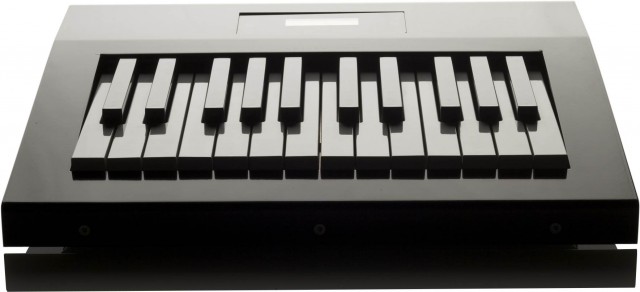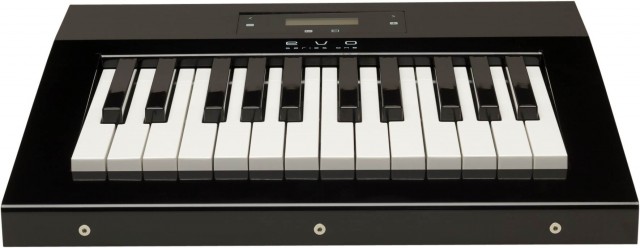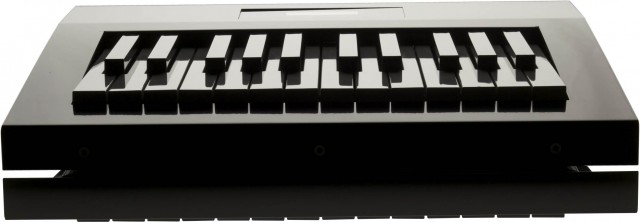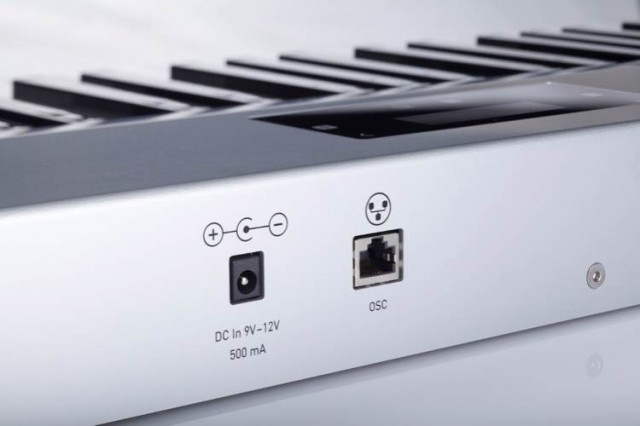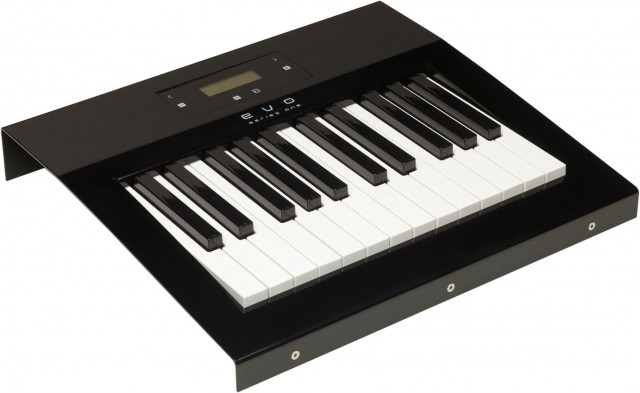Endeavour’s evo keyboard closely resembles a conventional music keyboard controller. But its piano-style keys and high-performance internals are custom engineered from the ground up for additional expression. High-speed connections mean lower latency than is possible with MIDI, and touch- and pressure-sensitive keys allow additional ways of adding to a performance, all in an aluminum case hand-built in Germany.
I was impressed playing the keyboard at Musikmesse earlier this year, but cost put this innovative instrument out of reach of many would-be experimenters. Now, as the product matures, pricing is coming down to Earth. A 24-key version – perhaps just fine, given this novel input approach – starts at a reasonable 499 € (VAT included). That’s not an impulse buy, but it’s less than many mass-manufactured keyboards, and this is something quite different.
introducing the evo from endeavour on Vimeo.
We get to take a look at the beautiful, new half-sized keyboard in the gallery here. It’s otherwise got the same guts as the original 48-key model, which is now at 999 €. Endeavour tells CDM they’re still working on hardware research, so we might expect new things in the future; consider this the beginning.
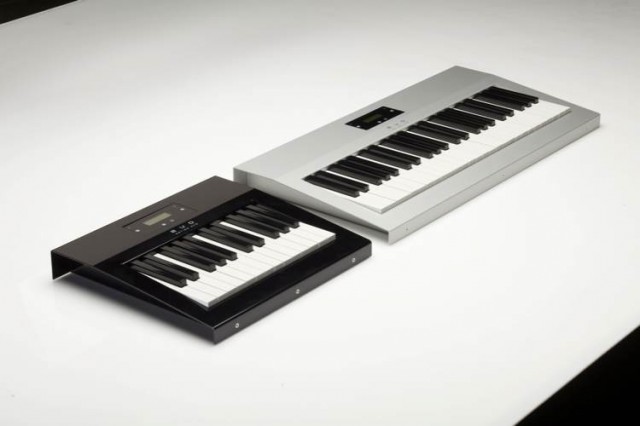
Half the width now also means half the price of the bigger sibling, opening up the hand-built Endeavour to keyboard experimentation. All images courtesy Endeavour.
In the meantime, they’ve significantly overhauled the software that comes with the evo. If you really want, you can take all that low-latency, high-resolution data and then dump it as MIDI on a conventional soft synth. But to fully exploit all the additional expression data, you need custom software. Endeavour has worked with Max/MSP to make that happen. (See videos of the “dump it to MIDI” and “use a custom synth” approaches, below.)
Plug and play an Ethernet cable, and you can now work directly with the evo on Mac or Windows. (Previously, software was Mac-only; most of the software is out for Windows now and the MIDI support and standalone synth will be available within two months, says Endeavour.) Endeavour’s own evosizer synth works standalone, via ReWire, or in Ableton Live via Max for Live. If you do use Max/MSP standalone or Max for Live, you can also work directly with the externals in your own patches. The software is free and open source. (I’d love to see a Pd port, for embedded and Linux applications. Just need to get a talented Pd coder one of those evo keyboards, I think.)
If you’re interested in learning more about the technology here, there’s now an overhauled website to explore. It’s an interesting read even if you really aren’t in the market: there’s an extraordinary amount of engineering behind this design. (Okay, yes, the phrase “over-engineered” did come to mind – but for an instrument, that can lead to some fascinating places. Over-engineered in a good way.)
evo and Max/MSP:
the evo – Native Max/MSP Support from endeavour on Vimeo.
And more conventional MIDI:
Standard MIDI Synthesizers and The evo from endeavour on Vimeo.
